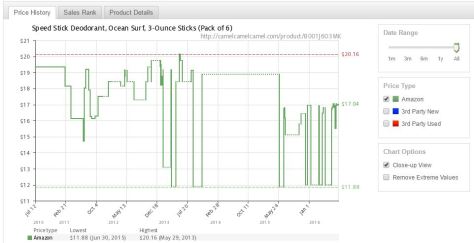It is bad enough that most Leftists literally fail at basic economics, but to make it worse they deliberately implement counterproductive policies even on the rare occasions when they do understand a simple economic concept. Via Leaked Podesta Emails Show Clinton and Co. Knew But Didn’t Care That They Would Hurt the Economy:
The head of the liberal Center for American Progress privately warned Democratic presidential nominee Hillary Clinton’s campaign staff against endorsing a $15-an-hour minimum wage, saying that it would be bad for the economy.Despite that, both the Clinton campaign and the center have since promoted state and local activists’ efforts to push a $15 rate, and Clinton has even said she would sign $15 federal legislation.
Go read it all. It gets worse.
So the Leftist leaders promote causes to benefit themselves knowing that it will hurt those they claim to care about. Because love and tolerance or something.
This is just like Obama dismissing capital gains tax cuts because they didn’t appear to be “fair,” even though they are known to increase tax revenues. Even John Kennedy, that notorious right-wing extremist, understood simple concepts like that.
To recap:
- Tests show that Leftists literally fail at understanding basic economic concepts, and it drives their terrible policies.
- Even when the proverbial blind squirrel finds a nut and the politicians do understand a simple economic concept, they legislate against it because they know that their followers are economically ignorant (hello, government schools!) and they’d rather have votes than actually help the people they claim to care about.

